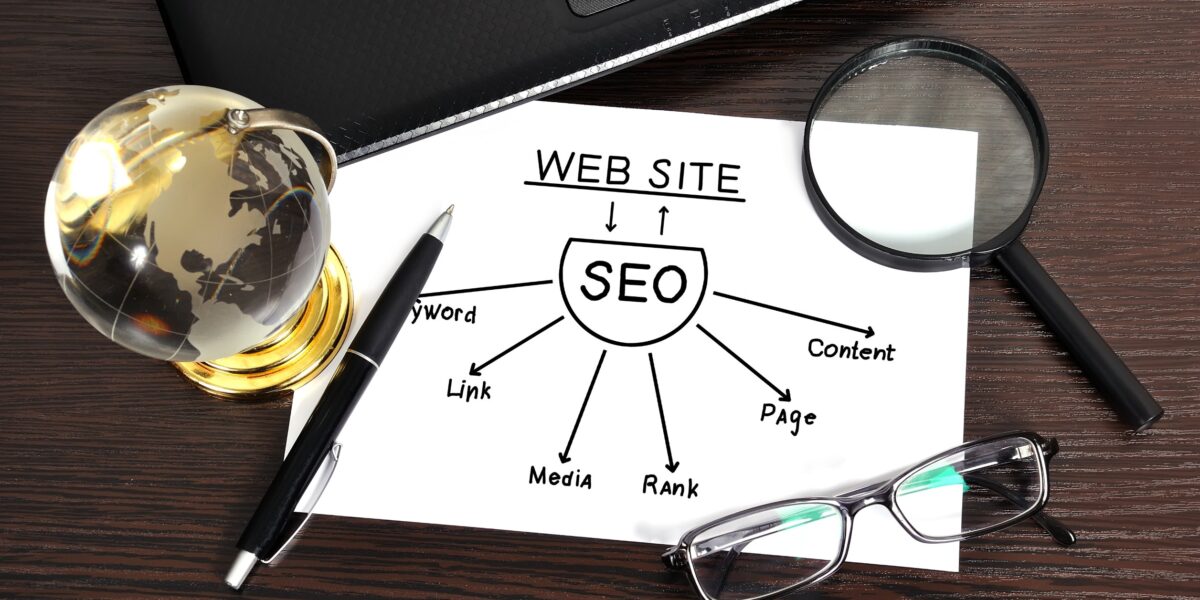Statistics say the average internet user gives a web page around five seconds to open before ditching it. There are also significant SEO considerations for optimizing page-load times.
Here are seven tips that will ensure a fast-loading website and a pleasant browsing experience for your visitors.
1. People like movies.
Video is a big draw for both regular and mobile traffic but they need to load fast. If your web pages carry videos, strike a balance between video quality and loading speed. The higher the video quality, the more time it will take to load.
2. Pictures are slower than a thousand words.
PNG and BMP images take up more space and load slowly. Websites, particularly image-heavy websites, should use compressed JPEGs. Image splitting and image splicing are techniques used to load images faster. Allow animations on a page to run only a specific number of times.
3. Keep fast company.
Web hosting matters. Choose a plan with ample bandwidth for the traffic your website attracts. If you offer downloads, be sure to take that bandwidth into consideration, as well.
4. Quite a cache.
Enable caching. Allow your browser to pull previously visited pages from the cache memory. It facilitates quicker page loading.
5. Just what’s needed.
Condense the code so only what is absolutely essential remains. You may have to commission the services of a web developer for “minification,” the process of cleaning the HTML, CSS and JavaScript so that these can be pruned for use. Avoid Flash, which is painfully slow loading, invariably incompatible with mobile devices and has no SEO benefit. Placing style sheets in the HEAD accelerates page loading. Your developer will understand.
6. Be ready to scale.
Host media on a dedicated server that you can scale as traffic and bandwidth needs increase. Amazon’s cloud hosting and others have this flexibility. Embedded content, such as YouTube videos and Slideshare presentations, will load only as fast as the sites they are hosted on.
7. Shrink to fit.
If you’re using WordPress or another CMS (Content Management System) that has plugins, be sure to choose them judiciously; add only those that you need. Plugins increase loading time and require regular updating to minimize security threats.
Page loading speed is a major factor for ranking on search engines. The increase in mobile traffic through smartphones and tablets has only made page-loading speed even more significant. The adjustments required to boost page load speeds are not complex and the results are worth the effort.
A website that loads faster has higher rankings and happier customers, the two fundamentals for every business with an online presence. Get page speed insights directly from Google here.


